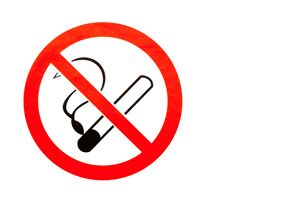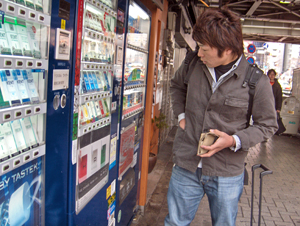Fifty-six percent of smokers in the US believe they are at least occasionally discriminated against in public life or employment because of their smoking, according to a story by Art Swift published by the Gallup Organization.
In comparison, 17 percent of those who are overweight feel they have been discriminated against at some point because of their weight.
Thirteen percent of smokers say they feel discrimination every day, while one percent of overweight people say they are discriminated against daily.
The figures cited by Swift are from a July 5-9 Gallup poll on the consumption habits of US citizens.
Discrimination against smokers can take many forms.
‘According to news reports, smokers often say they are discriminated against through smoking bans, including more recent bans at some parks and beaches, higher insurance rates, and not getting jobs because of their habit,’ Swift says. ‘Analysis of income patterns has shown smokers earn less than those who do not smoke, although this difference could result from smokers tending to have lower average levels of education than non-smokers.’
The poll is the first time Gallup has asked about smokers’ perceived discrimination in this format. Previously, Gallup asked smokers whether they felt discriminated against specifically because of smoking restrictions and high cigarette taxes, and found 58 percent believed they were discriminated against on each account.
Swift’s piece is at: http://www.gallup.com/poll/214205/majority-smokers-feel-discriminated-against.aspx?g_source=Well-Being&g_medium=newsfeed&g_campaign=tiles.










